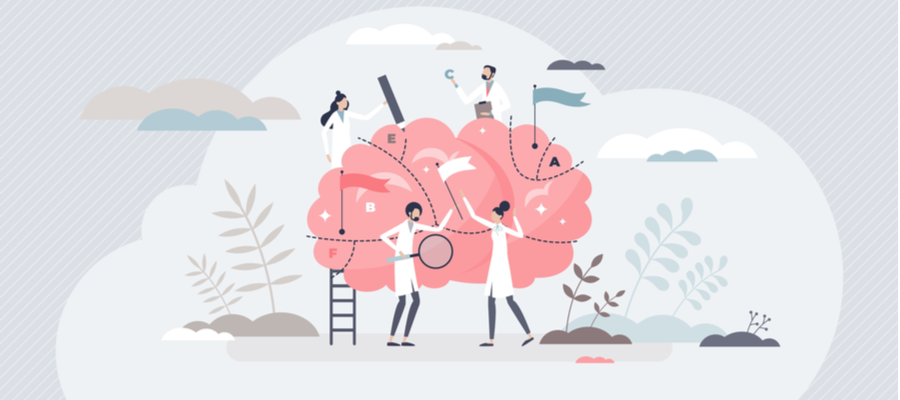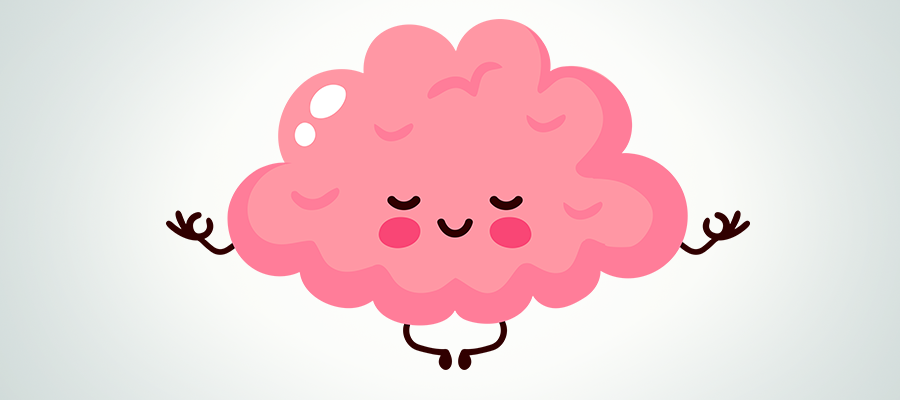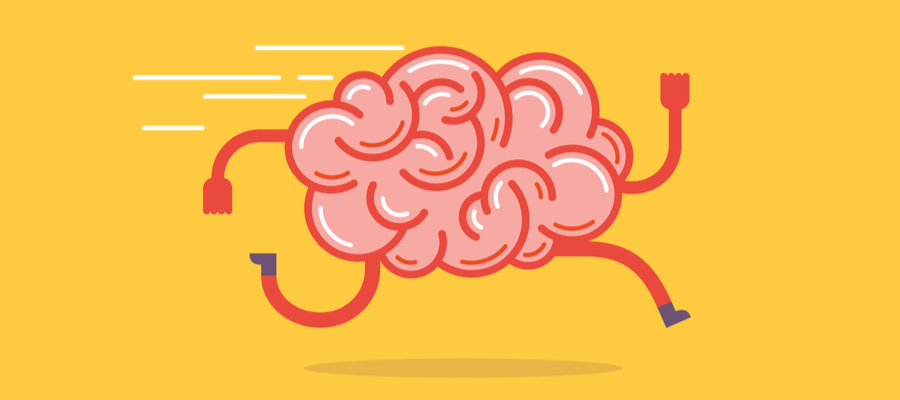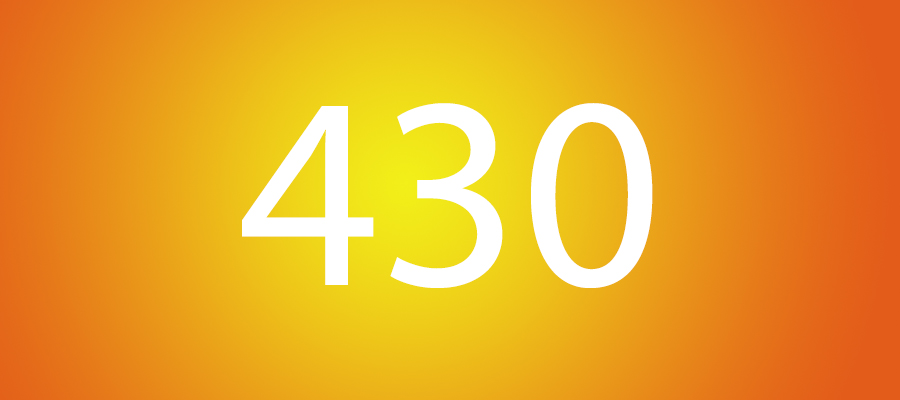[INFOGRAPHIC] 10 Contributions of Neuroscience to Education
Neuroscience has given us privileged access to the brain for the past thirty years. With the help of sophisticated equipment, including brain imaging, they have allowed us to decode our brains better and understand specific issues, including some related to learning. Although this discipline alone cannot guide us in education, its influence has become essential. Here are ten fields of action in which its contribution should be followed!










